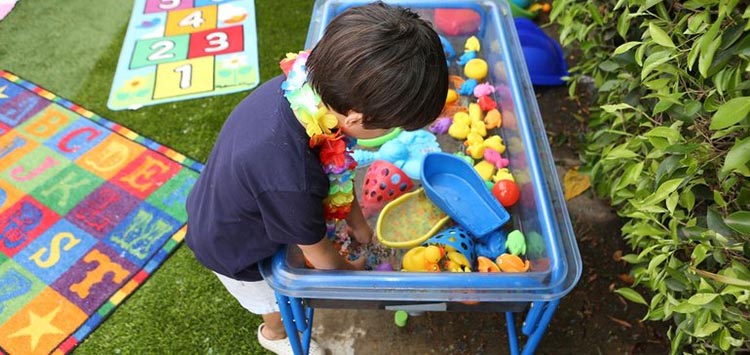
Districts should consider working in partnership with local community organizations to help supplement summer offerings
From K-12 Dive
By Kara Arundel
May 14, 2021
Dive Brief:
School districts are using incentives, bonuses and competitive salaries to draw teachers back to campuses to support summer learning programs, but even with the attractive packages, some districts are struggling to fill spots, according to local news stories.
Summer school teacher shortages could limit the number of students a district can invite for summer activities, as well as hamper a school system’s plans for programming that combines accelerated learning opportunities and social and emotional supports in response to pandemic-related disruptions in education.
Whether or not districts are facing teacher shortages for their summer programs, they should consider working in partnership with local community organizations to help supplement offerings so students have opportunities to learn, socialize and have fun, education experts said.
Dive Insight:
It’s a situation that was hard to imagine a few years ago: Districts are receiving an influx of federal emergency funding that can be used to enhance summer learning opportunities, and there’s an increased need for student learning recovery. The missing piece to this demand, some districts like Arlington County Public Schools in Virginia say, are the teachers.
Although the district is offering some teachers $48 per hour for full-time summer school work, it has told its school community it now has to limit enrollment for certain students. Several other districts have included a disclaimer that student participation in summer learning is contingent on the district hiring enough teachers.
Many believe the summer teaching shortage is due to the heavy workloads educators have had as they adapted to varying virtual, in-person and hybrid learning formats since the pandemic began in March 2020. Teachers did not get much downtime during summer of 2020, as they were busy with professional development and preparation for this school year.
“Quite frankly, teachers are burned out,” said Lynn Holdheide, senior advisor with the Center on Great Teachers and Leaders. “This last year and a half has been really tough, and teachers have gone above and beyond.”
Still, Holdheide said there are opportunities for districts to work with community and private organizations to help fulfill their summer accelerated learning plans. That approach to partnerships is also endorsed by The Summer Learning and Enrichment Collaborative, a program promoted by the U.S. Department of Education to address lost instructional, extracurricular and social time, particularly for students disproportionately affected by COVID-19. The collaborative has gathered resources and best practices for summer learning experiences, including creating partnerships and considerations for staffing.
“I think there’s a lot of creativity that’s going to happen or need to happen over the summer, because we’ve got teachers who just need a break,” Holdheide said.
Photo: Tasia Wells via Getty Images
Read this and other stories at K-12 Dive

